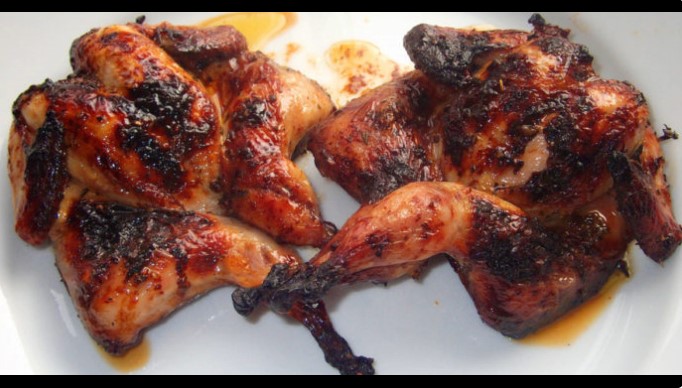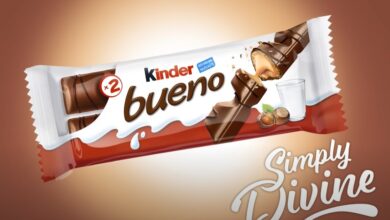Quail Nutrition Facts
Venturing into the lesser-explored territory of Quail nutrition facts, this blog post promises to unfurl the remarkable aspects of this game bird's dietary worth. Get ready to be enthralled as we dissect the components and benefits of quail, unearthing truths that could revolutionize your approach to a nutrition-rich diet.
Nutrition facts about quail eggs have intrigued nutritionists, chefs, and food enthusiasts for years. These tiny gems, often considered a delicacy in various cuisines, pack a surprising punch in terms of health benefits. Whether you’re interested in exploring new protein sources or are simply curious about these miniature eggs, this article will help uncover the secrets behind their nutrition.
The Nutritional Profile of Quail Eggs
Often compared to chicken eggs, quail eggs’ nutrition facts reveal some surprising insights. Though small in size, these eggs come loaded with nutrients.
- Quail eggs vs. chicken: Quail eggs are richer in vitamins and minerals than chicken eggs. They contain 13% protein, higher than the average chicken egg.
- Vitamin content: Quail eggs boast a rich source of B vitamins, especially vitamin B12, essential for nerve health and proper brain function.
- Yolk-to-white ratio: Due to their smaller size, quail eggs have a higher yolk-to-white ratio. This means they contain more fat, cholesterol, vitamins, and minerals.
- Caloric content: Despite their small size, quail eggs have a dense nutrient profile. A single egg contains approximately 14 calories.

Comparing Quail to Other Poultry
When discussing eating quail as a whole bird, the nutritional value varies compared to other poultry.
- Protein in quail vs. chicken: Quail meat contains more protein than chicken and is a rich source of essential vitamins and minerals.
- Fat content: Quails have less fat than chickens. However, most of their fat is unsaturated, healthier for the heart.
- Roasted quail calories: A standard serving of roasted quail contains about 220 calories, making it a lean option for those monitoring their calorie intake.
- Bone considerations: Answering the question – Can you eat quail bones? Yes, you can! Due to their small size and delicate bones, many consume quail bones, especially when cooked soft.
Why Consider Quail Eggs in Your Diet?
Are quail good to eat? Absolutely! Beyond their rich nutritional profile, quail eggs offer a variety of health benefits:
- Boost metabolism: Thanks to the rich protein content, quail eggs can help increase metabolism and energy.
- Strengthen the immune system: Their high vitamin and mineral content support body immunity.
- Allergies: Some studies suggest quail eggs can help reduce symptoms of an allergic reaction due to their ovomucoid protein content.
- Dietary diversity: Due to their small size, quail eggs are smaller than chicken eggs, allowing for portion control and adding variety to meals.
To wrap up, quails and their eggs offer a remarkable blend of nutrition and flavor. Not only do they serve as a superior source of protein, but their diverse range of vitamins and minerals makes them a standout choice for health-conscious individuals. Whether you want to diversify your protein sources or add a gourmet touch to your meals, quails and quail egg nutrition facts make a compelling case. As with any dietary change, ensure you source fresh produce and, if possible, consult a nutritionist to tailor your intake according to your needs.
Read also: Shoguns menu prices
Frequently Asked Questions
What are the health benefits of consuming quail meat?
Quail meat is an excellent source of high-quality protein, vitamins, and minerals. It is particularly rich in vitamins B6, B12, and iron, essential for maintaining energy levels, supporting brain function, and promoting a healthy immune system. Additionally, quail meat is relatively low in fat and calories, making it a lean protein option for those looking to maintain a balanced diet.
How does quail meat compare to other poultry options in terms of nutrition?
Quail meat is comparable to other poultry options like chicken and turkey in terms of protein content but tends to be lower in fat and calories. It also contains higher levels of specific vitamins and minerals, such as iron, vitamin B6, and vitamin B12. This makes quail an attractive option for those seeking a nutrient-dense and lean protein source.
Are there any specific dietary restrictions or preferences that may affect the consumption of quail meat?
Quail meat is suitable for individuals following a paleo, keto, or low-carb diet due to its high protein and minimal carbohydrate content. However, it may not be ideal for those following a vegetarian or vegan diet, as quail is a type of poultry. Additionally, individuals with specific food allergies or sensitivities should always consult their healthcare provider or a registered dietitian before introducing new foods, like quail, into their diet.
What are some ways to prepare and serve quail?
Quail can be prepared in various ways, including roasting, grilling, and pan-frying. It can be marinated or seasoned with different herbs and spices to suit your preferences. Quail is often served with a side of vegetables, grains, or potatoes, making it a versatile and flavorful addition to your meal plan. You can also find quail in various traditional dishes from different cultures, showcasing its versatility and global appeal.






